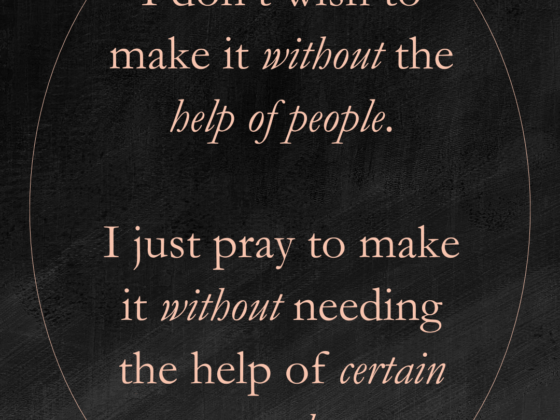It may have happened to you to have a discussion with someone and after the talk, the person asks, “So, what are you trying to say?” This could be after you have spent an hour giving details of something so clear in your head. But the question of your interlocutor simply shows that he has not understood or is not yet sure of the core message of your talk. So, at the root of communication is the understanding that the listener gets from listening to you.
For you to make your listener understand, you employ various communication techniques, modulating your tone, use of objects, gesticulation etc.
Now, for a message to be passed through communication, there is a need for content. Content is the substance that makes communication make sense. It is the message in the messenger.
Let’s illustrate using three scenarios that are exemplified in the scriptures below:
1. Ahimaaz, the son of Zadok – Good communication, no content
This was a young man whose father was a known priest. Being close to his father and the highest members of staff to King David, he was privy to how information was delivered to the king from the war front. On hearing the great noise that accompanied the death of Absalom, David’s son, he wanted to be the messenger who would deliver the news to King David. Joab, an army commander declined his request because he had no tiding (read: no content) to deliver. He could talk well but had no knowledge of the things that had transpired on the battlefield.
Despite Joab’s persuasions, Ahimaaz insisted on running home to tell the king about the noise he heard. He ended up disgracing himself at the king’s court. In fact, King David asked him to step aside because he was empty. His delivery made no sense, nor did it evoke any emotion in King David.
When you are in this category, you can be good with rhetoric and fascinating illustrations; people would even send for you at the beginning, but when and where an actual substance is needed, your value will be revealed. You lack content although you have good communication skills.
2. The soldier that escaped from the war front between Israel and the Philistia: Good Content, but poor communication
There was a fierce battle between the Israeli soldiers and the Philistines who had defeated Israel with a great slaughter. Israel not wanting to accept defeat brought the Ark of God as a weapon of both offence and defence. The Ark represented God’s presence and there were recorded precedents of grave destructions of Israel’s enemies whenever Israel went to war with the Ark.
The Philistines were sore afraid but mustered the courage to fight to avoid becoming perpetual slaves. And their courage paid off because Israel was once again defeated, the Ark captured and the sons of Israel’s priest, Eli, were killed. The defeat was more devasting than the previous one because the capturing of the Ark meant that even God had abandoned Israel.
On seeing this, a young soldier left the battlefield and took the news to the women, children, and old men in the city. What he wanted to achieve is unknown. He had a message (content), but his communication was terrible, to say the least. What resulted was that the entire city began to cry because many families had lost their fathers and children, and the Ark of God was captured.
It was the noise of the crying that made Eli the priest request the audience of this soldier. At this time, Eli was both the judge and priest of Israel, so the news should have naturally gone to him first. Then, he could decide on how to spread it to everyone.
When Eli heard that God’s Ark was captured and his two sons dead, the heavy old man fell from his chair, broke his neck, and died. When the pregnant wife of Phinehas, Eli’s daughter-in-law, heard the triple tragedy of God’s ark being captured, the death of his husband, and the death of his father-in-law, she went into labour and in the process of delivery also passed on. Multiple casualties added to the devastating effects of a lost war.
The soldier had content, but his poor communication resulted in more fatalities.
3. Cushi, a messenger of Joab: Content and Communication
The man Cushi was an informed messenger. He was at the battlefield and observed as the events leading up to Absalom’s death unfolded, so he had tidings to bear to King David. He could also answer any questions the king could pose to him. So, when Joab requested his services, he was prepared with both content and the right pattern of delivery (communication). King David got the full message, wept, and began to mourn for his dead son, but he didn’t take his own life as a result. The message was delivered, and its purpose was accomplished.
Communication requires wisdom – knowing what to say, how to say it and when to say it. Speaking the right thing at the right time and in the right way.
Your actions produce the right results when you have both content and communication. You must have something, and you must know how to communicate so people will understand you.
Thanks for reading. Kindly share and leave a comment.














